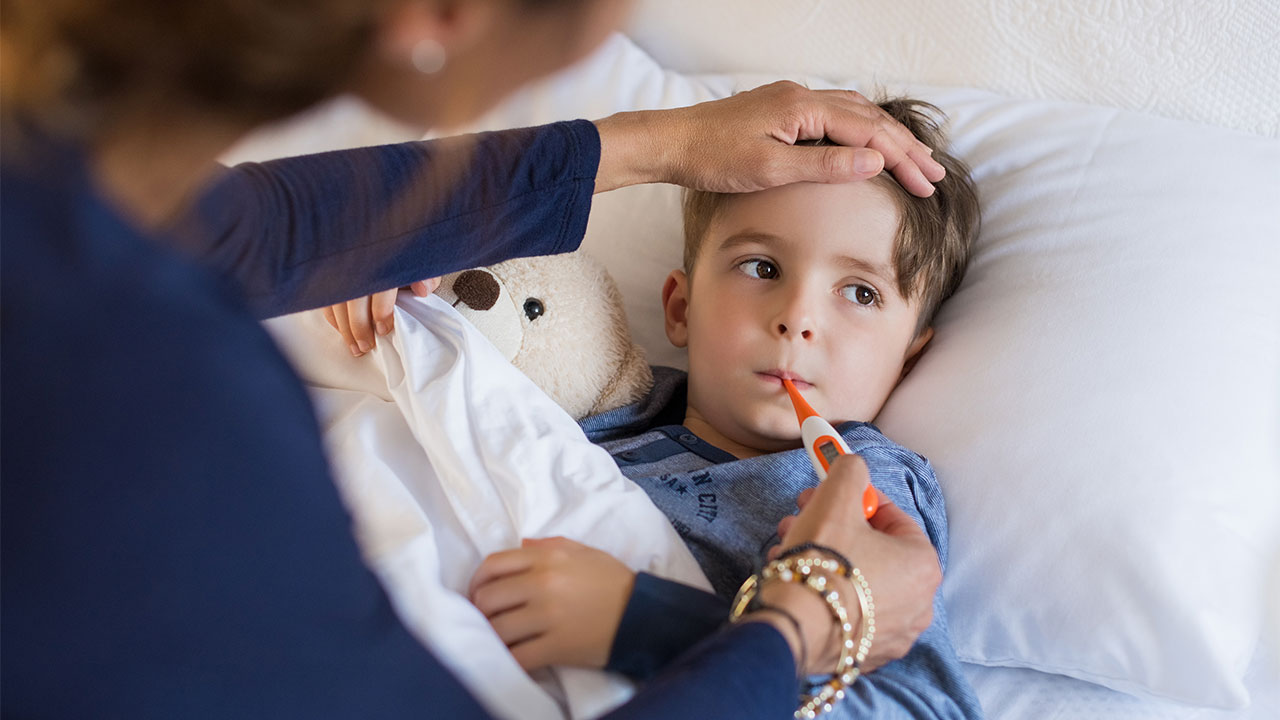Fever in children is a common concern that many parents in Singapore encounter. While it can be distressing to see a child unwell, understanding the causes, symptoms, and appropriate management of children’s fever is essential for ensuring their well-being. This guide provides comprehensive insights into managing children’s fever, tailored specifically for parents in Singapore.
What is Fever and Why Does it Occur?
Fever is the body’s natural response to infection or illness, characterized by an increase in body temperature. For children, a fever is typically defined as a body temperature above 37.5°C when measured orally, or 38°C when measured rectally. Fever is a sign that the immune system is actively fighting off an infection, which can be caused by viruses, bacteria, or other pathogens.
Common Causes of Fever in Children
In Singapore, the tropical climate and dense population make children susceptible to various infections that can cause fever. Common causes include:
- Viral Infections: Conditions like the common cold, flu, and hand, foot, and mouth disease are prevalent in Singapore and often result in fever.
- Bacterial Infections: Infections such as urinary tract infections, strep throat, and bacterial pneumonia can lead to elevated body temperatures.
- Dengue Fever: Due to the presence of Aedes mosquitoes in Singapore, dengue fever is a significant concern, especially during the rainy season.
- Other Illnesses: Conditions like roseola, an infection common in young children, can cause high fever followed by a rash.
Symptoms and When to Worry
While fever itself is not harmful, it can cause discomfort and distress in children. Symptoms associated with fever may include:
- Sweating and Chills: Alternating between feeling hot and cold.
- Fatigue: General tiredness and lethargy.
- Loss of Appetite: Reduced interest in eating and drinking.
- Dehydration: Less frequent urination, dry mouth, and sunken eyes.

Parents should seek medical attention if their child exhibits any of the following symptoms along with fever:
- Persistent Fever: Fever lasting more than three days.
- High Fever: Body temperature exceeding 40°C.
- Severe Symptoms: Difficulty breathing, persistent crying, unusual drowsiness, or seizures.
- Rash: Unexplained rash accompanying the fever.
Managing Children’s Fever at Home
For mild fevers, there are several steps parents in Singapore can take to manage their child’s symptoms at home:
- Hydration: Ensure the child drinks plenty of fluids to prevent dehydration. Offer water, oral rehydration solutions, or clear soups.
- Comfortable Clothing: Dress the child in lightweight clothing and keep the room cool to help reduce body temperature.
- Rest: Encourage the child to rest, as this helps the body fight off the infection.
- Medication: Use age-appropriate fever-reducing medications such as paracetamol or ibuprofen. Always follow the dosage instructions and consult a doctor if unsure.
When to Consult a Doctor
In Singapore, healthcare is easily accessible, and parents are encouraged to consult a pediatrician if they are concerned about their child’s fever. Situations warranting medical advice include:
- Newborns and Infants: Fever in babies younger than three months should always be evaluated by a doctor.
- Underlying Health Conditions: Children with chronic illnesses or weakened immune systems require prompt medical attention when they develop a fever.
- Persistent Symptoms: If the fever does not improve with home management or is accompanied by worsening symptoms.
Preventing Fever in Children
Preventative measures can help reduce the incidence of infections that cause fever in children. These include:
- Vaccinations: Ensure children receive all recommended vaccinations according to the Singapore National Immunization Schedule.
- Good Hygiene Practices: Encourage regular handwashing, especially before meals and after using the toilet.
- Avoiding Sick Contacts: Limit exposure to individuals who are ill, especially during flu season or dengue outbreaks.
- Mosquito Control: Use mosquito repellent, install screens on windows, and eliminate standing water to reduce the risk of dengue fever.
Conclusion
Fever in children is a common but manageable condition. By understanding the causes, symptoms, and appropriate home care methods, parents in Singapore can effectively manage their child’s fever and ensure a swift recovery.
Always stay vigilant and consult healthcare professionals when necessary to safeguard your child’s health. Regular preventive measures, such as vaccinations and good hygiene, play a crucial role in minimizing the risk of infections that cause fever.

